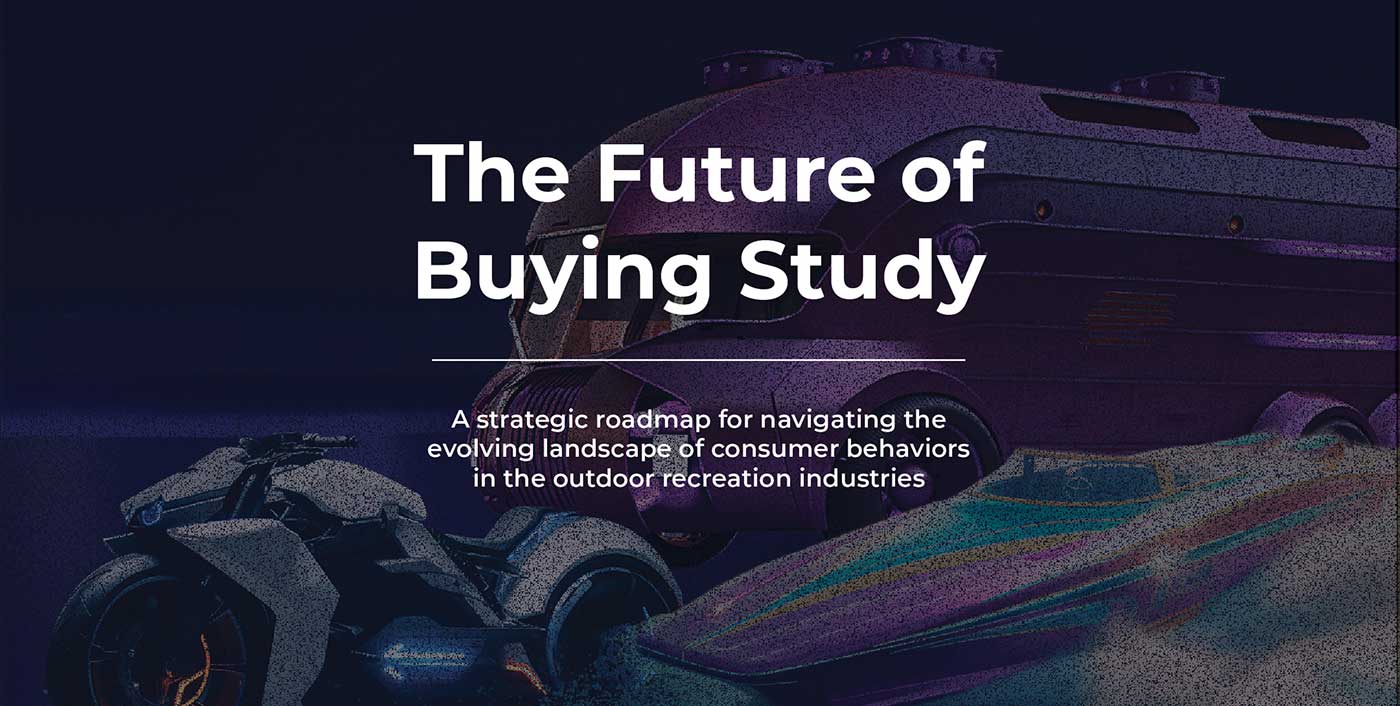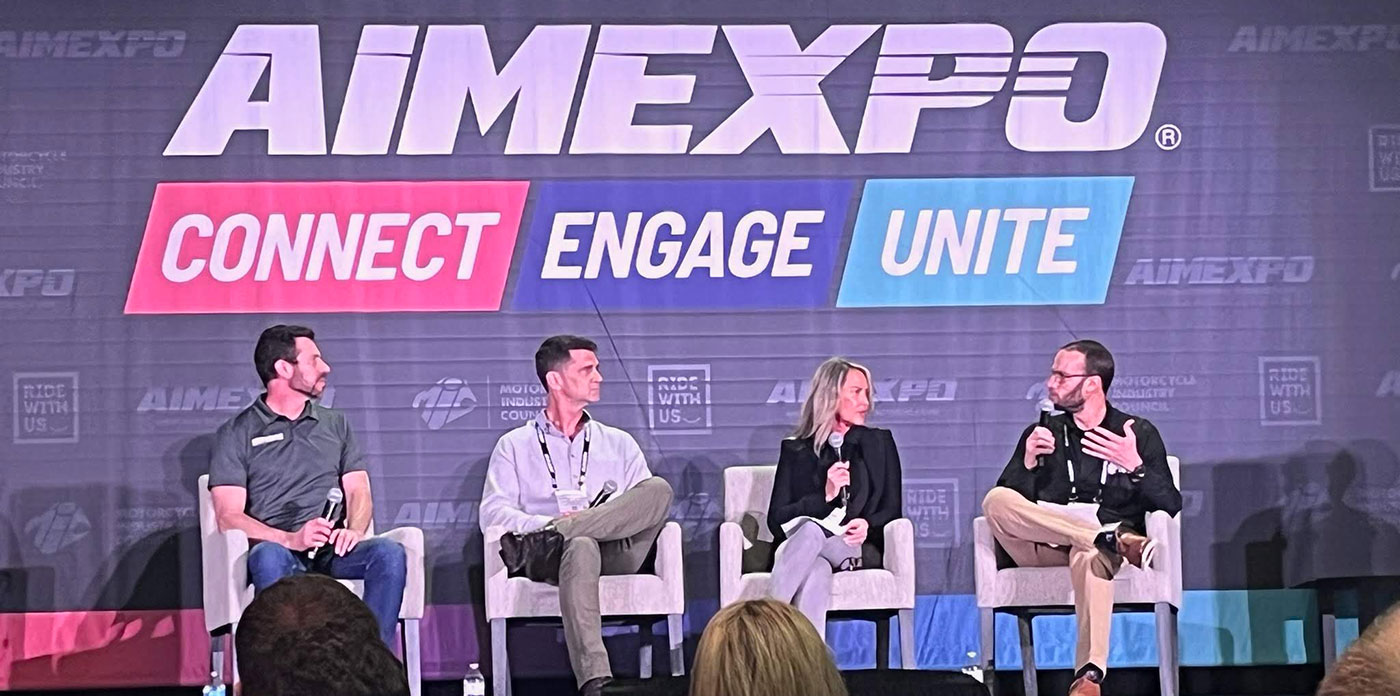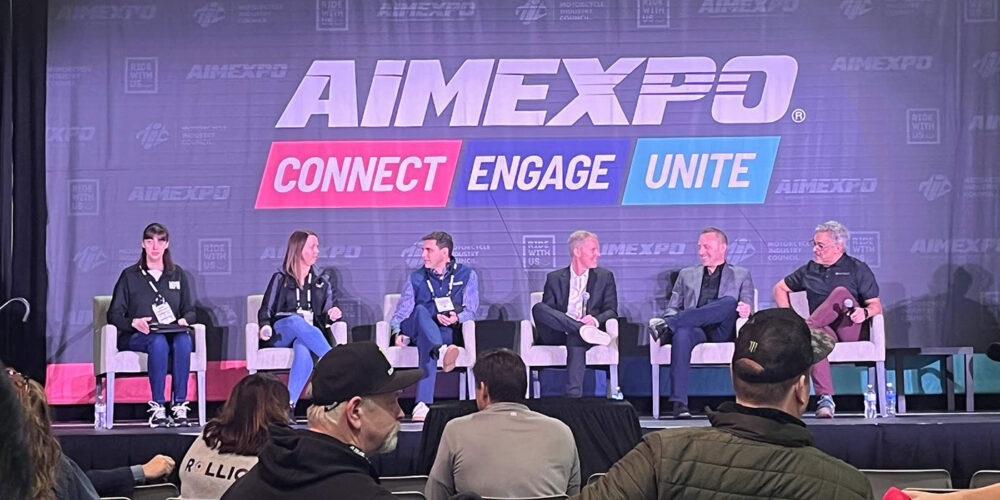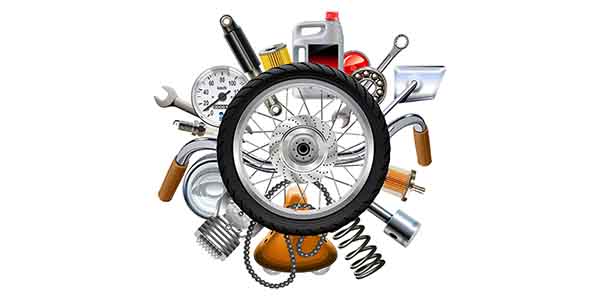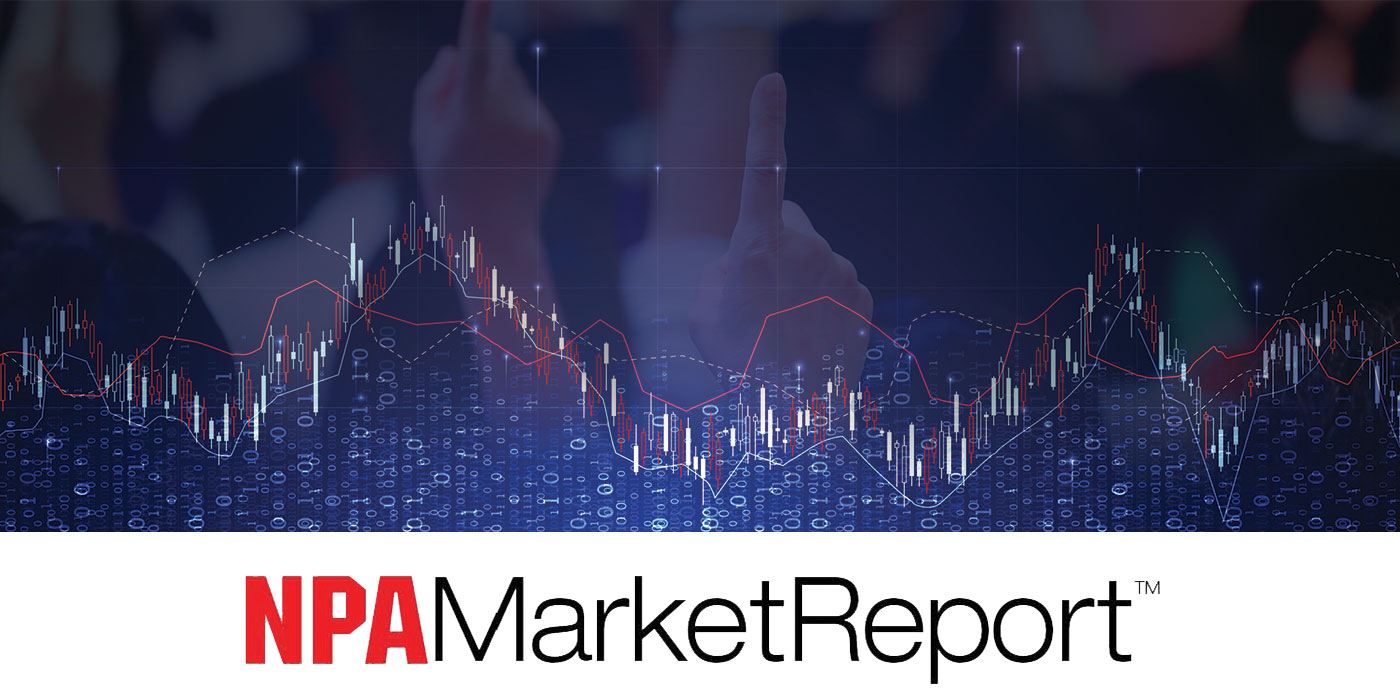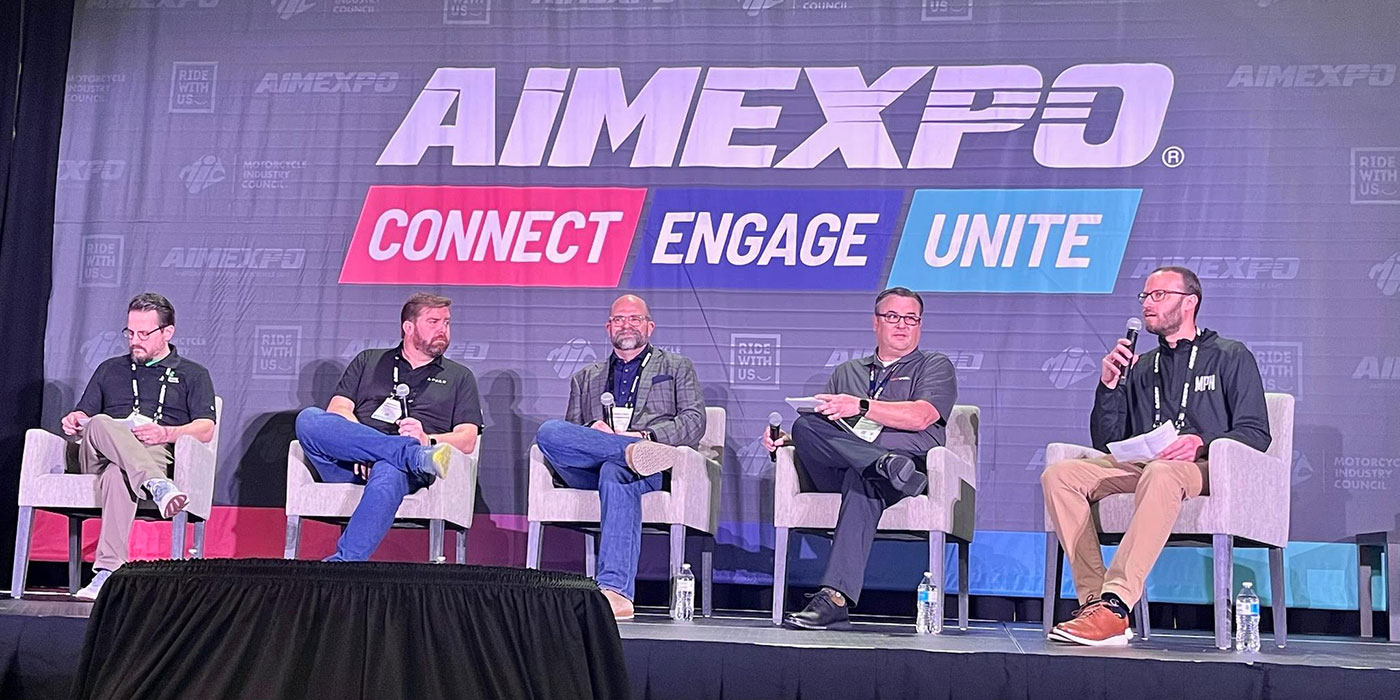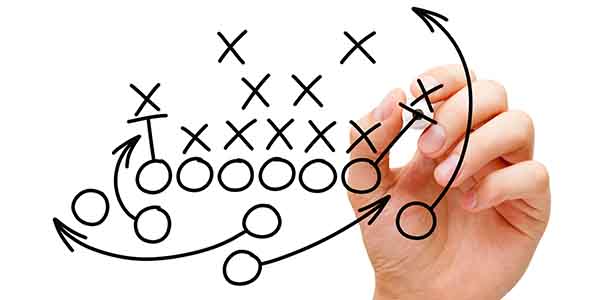This article was originally published in MPN in November 2019.
Keeping up with your physical fitness has similar characteristics that can relate to your business. As individuals who own dealerships, the same shortcomings that keep us out of the gym for months at a time can also be hurting your business. Just as one hard workout at the gym per year doesn’t keep you in any kind of shape, looking at how your business is doing requires more than just a passing glance.
Like the guy or gal wanting to get in shape by buying the latest instant powder, puller, twister or other “instant fix,” adjusting on the fly, looking to double production seldom does anything. You can’t buy your way to fitness any more than you can pay out enough money for your business to succeed. Investing effort and money over time and adding one other ingredient will almost always produce results.
That ingredient is accountability.
Who is accountable for getting you in shape? A machine? A drink? A trainer? None of the above. The only one accountable is you. You have to commit to using the machine. You have to drink the drink and you certainly need to listen to the trainer. The only difference with a dealership is that the level of accountability increases.
As the dealer, what are you accountable for? Once you determine this, you then have to decide what each of your managers are accountable for and then give them the power to hold their people accountable for each individual’s task. But that doesn’t happen on Jan. 1, and then you’re set for the year.
Since it is November, we’ll use this month as an example. Suppose the goal is to deliver 80 units for the month and you hold the sales manager accountable. It isn’t like the infomercial oven where you set it and forget it. Success is a series of adjustments along the way. Reviewing accountability for monthly performance isn’t done on the 30th of the month. It’s done daily.
Each day, your manager is in one of three places: ahead of goal, behind goal or right on goal. The benefit of review is that you can ask questions to allow managers to adjust and get back on track. This is the best way to consistently achieve high-level performance 12 months per year. It also creates a leader in your manager position. Leaders get people to action, managers simply tell people what to do.
When I’m engaged by a dealer to set up a long-term plan, we decide what the dealer is accountable for and get the commitment to follow through. Then, we develop an accountability plan for the manager and get both to agree to evaluate and adjust on a frequent and consistent basis. Once this is understood, managers can go to their people and develop clear and concise plans for each.
Doing this reduces monthly objectives into daily actions. For example, our dealer wants to deliver 80 units. He averages one sale for every three appointments. That means they need 240 appointments each month to achieve their objective. The staff needs to average 10 appointments per day to reach this goal. So, how do we monitor this?
If the dealer has five salespeople, then each would be responsible for two appointments per day. They need a daily review. If salesperson “A” comes in on Monday and doesn’t have any appointments, what is the course of action to correct it? Should that salesperson not have any appointments for the week, they would be 10 appointments behind, and it would be difficult to make that up. Imagine if you only checked up on them once every two weeks, or worse, monthly.
It’s no longer effective to simply give someone an assignment and point them in the right direction. Doing so is asking to fail. This applies to sales, service, parts and even your office. Once tasks are accepted and everyone knows what they’re accountable for, you have to review as often as possible. This allows for realistic adjustments to be made along the way. You’ll also learn much faster where training is needed.
Speaking of training, it is exactly the same. You can’t train when business is good because you’re busy. You can’t train when business is slow; it’s not in the budget. You can’t have one big training and think it will solve everything. You can’t spend a fortune training on every possibility that might occur in your dealership. So, what’s the best practice.
Schedule. Commit. Schedule. Commit.
Regularly scheduled training should be as important as turning on the lights to show the place is open. Training can occur during a deal, during meetings and as scheduled events. Dealers need to see that by not training your people, there are unintended consequences.
High turnover exists in every store that is not consistently training. Replacing people costs money and customers. Then, the dealer develops the excuse that with the people quitting, it’s not worth training and we now have an example of the definition of insanity. While you can’t cure it with one training session, you can treat it over time by continuing to train.
Lastly, training doesn’t have to be a large expense. The only reason to bring in an outside trainer is for a massive change. If you hired new people, want to change culture, or need to revamp the sales process, an outside pro is essential. But even after that, your managers and F&I people should be capable of training the sales team going forward.
John Fuhrman is senior trainer and founder of the Performance Road Agency. In addition to providing his dealers with world class F&I products and training, his cutting-edge consulting reveals sales, F&I and management shortcomings and the actions needed to correct them. Email him at [email protected] with any questions or comments.


